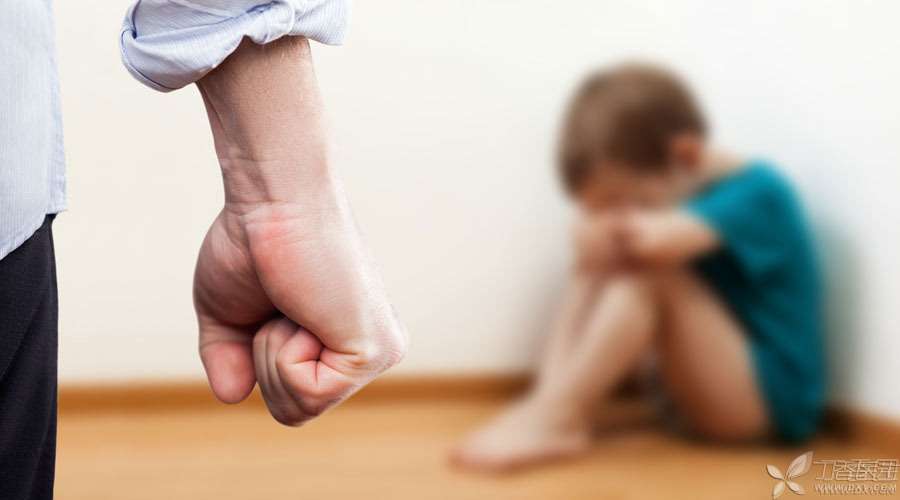
Child abuse happened again… This time it was Ctrip’s parent garden.
When we saw from the video that the kindergarten teachers roughly dragged the children and forced them to feed mustard… our hearts were filled with anger, and we could not imagine that the parents of these abused children watched these videos with how’s painful mood.
Child abuse occurs frequently. Of course, the first thing we advocate is prevention. But what should our parents do if similar things happen to us?
1. Assess the degree of injury to children,
Preschool children have limited ability to express their words. After being injured, they are more likely to express themselves through behaviors and emotions. If there are the following manifestations, indicating that children may receive greater influence, they should seek medical intervention in time:
-
Often inexplicable crying.
-
Not willing to go to school, not willing to approach the place where the trauma occurred, and sometimes even not willing to approach similar occasions.
-
It is easy to wake up and even have nightmares. From time to time, I wake up from my sleep and cry after waking up.
- There are some repetitive behaviors that are not usually found. For example, adults who stick repeatedly do not want to be alone, like to play alone with fixed toys, like certain specific scenes, etc.
-
Often easy to lose his temper, even unreasonable, crying without reason.
- There are some inexplicable attacks. For example, attacking other children or self-attacking.
If there are similar behaviors, parents should pay attention to whether their children have some unexpected experiences in kindergartens or other occasions they have not seen. However, it is not appropriate to speculate too much and cause unnecessary worries. At this time, you can observe and check whether there are scars on your children’s bodies, and bring them to the corresponding professional organizations for evaluation when necessary.
2. If it has already happened, how should parents get along with their children?
- First of all, for children, it should be regarded as a common thing. Most of the time, the traumatic event itself, children do not have too much understanding, children just feel: I feel sad, I am not happy, I am very afraid. Parents should avoid increasing their children’s additional shock and burden, such as: let children face unfamiliar people alone again and again; To go on the rampage in front of the children; Blame and alienate children; Repeated quarrels in front of children; Threatening children. Parents can give their children a quieter and stable environment, especially when their emotions are generally stable in front of their children.
- Spend more time with your child and give him enough security. Some simple body movements can make your child feel enough security. For example, hug your child every day and touch his back with his hand. Try to avoid leaving your child alone. At ordinary times, cultivating your child’s security will also play an obvious role at this time.
- Accompany children, tell stories with children, and also let children tell stories. Children of this age will not vent their emotions like adults. We can guide children’s emotional catharsis through games and imaginary games.
-
Leaving familiar occasions at ordinary times and traveling for a short period of time are also options.
- Seek help from professional organizations and carry out corresponding psychological treatment. Sand table game therapy is a good choice, and other similar ones can also achieve the purpose of guiding emotional catharsis.
Sometimes, this kind of influence may lurk and erupt together with other things after several years. We cannot predict and need not worry too much. After all, there is no good way to evaluate and predict, but we need to find and channel it in time.
In short, when encountering similar situations, don’t blame the child, keep a stable mood in front of the child, and go to a professional organization for evaluation and treatment when necessary.
I hope the babies grow up healthily.
